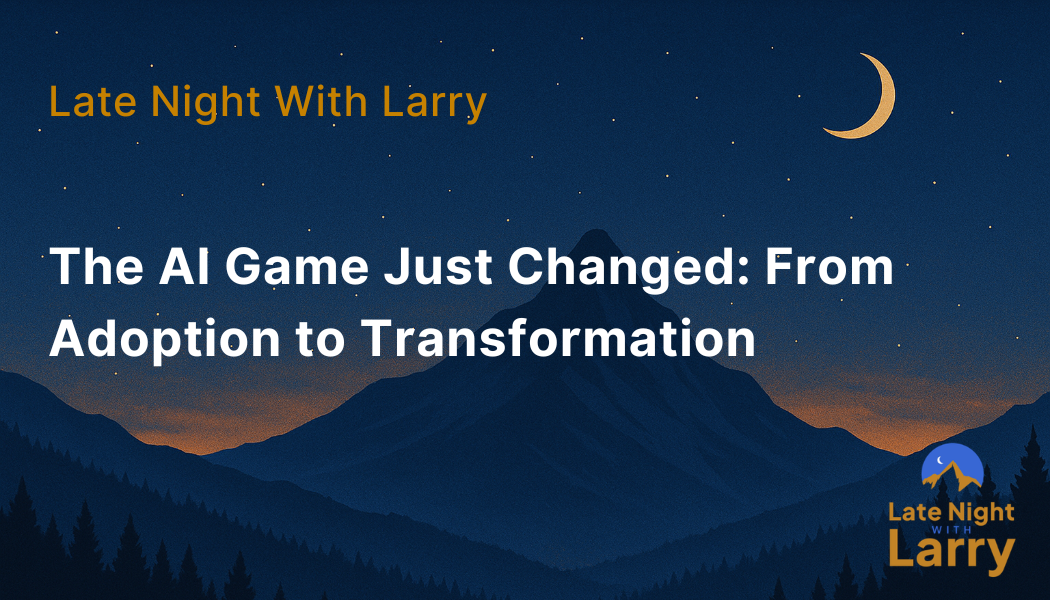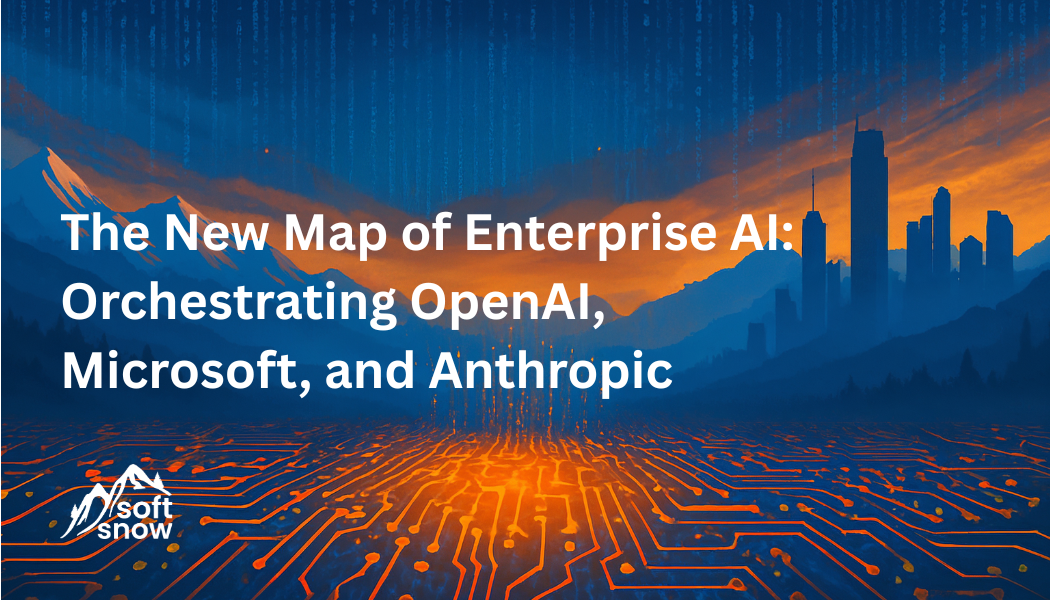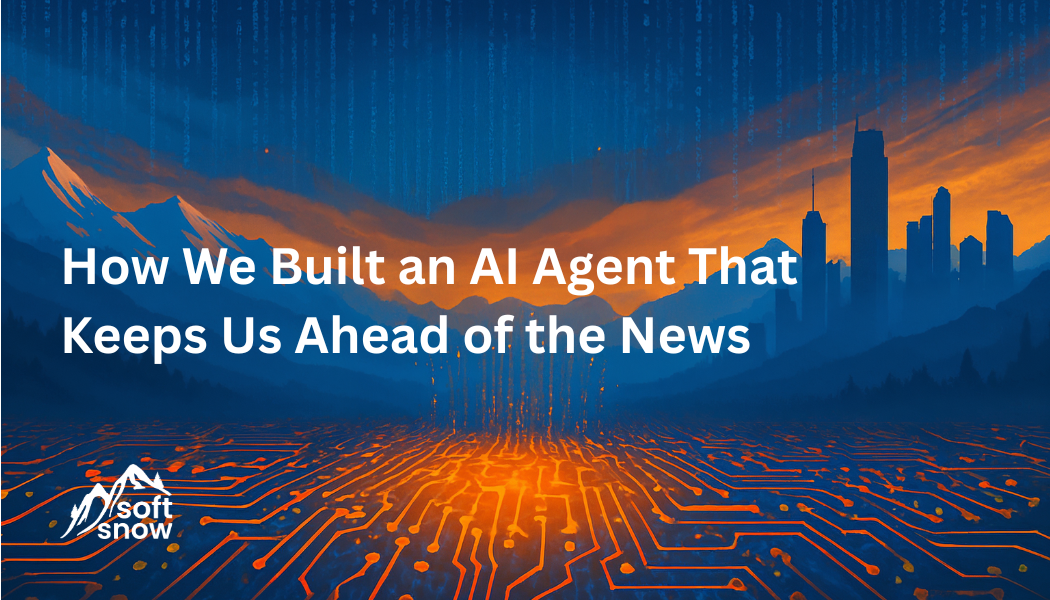
This week’s developments focus on making sophisticated AI capabilities more accessible, intuitive, and integrated with workflows for immediate impact.
________________________
Google Sheets Introduces Powerful Gemini AI Text Functions
Google is rolling out a new AI function in Sheets that’s designed to help users generate, summarize, and categorize text. Powered by Gemini, the feature can reference specific cells to create tailored content, such as ad copy for different target audiences, one-sentence summaries of buyer feedback, or even data classifications for things like customer inquiries or business locations.
While it builds on existing Gemini-powered features, this new AI function is currently limited to text-based responses and outputs for a maximum of 200 cells at a time, rather than entire spreadsheets or Google Drive files. It is becoming available first to Google Workspace users, Gemini AI Pro and Ultra subscribers, and those with the Gemini Education plan.
Our Take: This feature makes Sheets more intuitive and system-native by bringing in tools and processes consumers already use and removing the need for third-party tech.
________________________
Highmark Health Forges Ahead With Comprehensive AI Shift
Highmark Health, a major US healthcare system, has partnered with Google Cloud to deploy generative AI at an impressive scale, already integrating 14,000 employees as active users of AI tools powered by Google Cloud's Vertex AI and Gemini models. What sets Highmark's strategy apart is its focus on platform engineering, treating AI as a fundamental shift in operations rather than just another tech add-on. This approach has seamlessly connected even legacy systems with cloud-based AI, achieving high workload replication and real-time insights without disruption.
Highmark is applying these AI tools to diverse internal functions, from crafting personalized member communications to streamlining claims processing and provider credentialing. Their high adoption rate stems from a combination of structured prompt libraries, comprehensive training, and responsive user feedback loops. Critically, Highmark is also championing a shift from basic chat-based AI to agentic architecture, where AI systems are designed to complete entire tasks autonomously. They're embracing a "task-first, not model-first" philosophy, where the specific business need dictates which AI model is best suited to optimize workflows and generate tangible business value.
Our Take: This tech-agnostic approach demonstrates that AI adoption doesn’t require wholesale system replacement and, when paired with comprehensive workforce training, builds scalable frameworks that turn AI into a long-term growth engine.
________________________
Grammarly’s New Acquisition Signals Broad AI Agent Ambitions
The popular AI writing assistant Grammarly is set to acquire the email application Superhuman, a move that significantly aligns with its core business. Given that email is Grammarly’s most frequent use case at 50 million emails revised weekly, this acquisition provides the company with its own email platform to deeply integrate and showcase its product. However, Grammarly aims to extend well beyond basic email help into a comprehensive productivity platform powered by AI agents.
The "future platform" will allow users to interact with multiple specialized AI agents simultaneously within their email, such as communication, sales, support, and marketing agents that collaborate to help write complex documents. This strategy reflects a broader trend among tech companies to leverage AI agents for enhanced productivity. With the recent acquisition of Coda and Shishir Mehrotra taking the helm as CEO, Grammarly is positioning itself as a multi-product company that competes with AI giants like OpenAI and Google.
Our Take: This move follows the trend of businesses adding tools to become one-stop shops that fully integrate with consumer workflows.
________________________
These rapid developments demonstrate both the urgency and opportunity of this moment. The good news? Meaningful AI implementation doesn't require enterprise-scale resources or massive infrastructure investments.
The most successful AI transformations aren't about chasing every new capability; they're about identifying where technology can solve real business problems and empower your existing teams. Whether you're building infrastructure, creating new user experiences, or seeking competitive advantages, the key is approaching AI with purpose and practicality.
At SoftSnow, we understand that successful AI adoption isn't just about acquiring technology: it's about thoughtful integration that enhances human potential rather than replacing it, allowing teams to work smarter and achieve more while staying true to core business objectives. Contact us today to learn more.





